Two Valisure Studies Find Cancer Risk in Acne Creams and Facewash
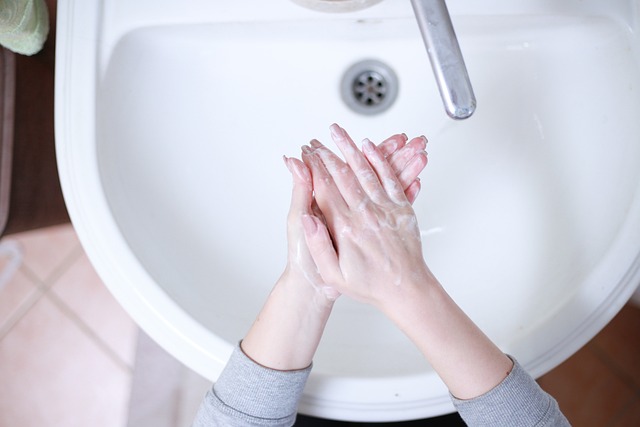 Recently, a second study of dozens of acne creams and cleansers, including Clearasil and Proactiv, made with benzoyl peroxide, found that they contain high levels of the carcinogen benzene. An earlier study with the same finding had been criticized for its methodology; however the second study confirming those findings sounds an alarm that federal agencies should pay attention to. Senator Richard Blumenthal has called on the FDA to investigate the carcinogen levels in acne treatments. If you were harmed or believe that you developed cancer due to an acne cream, facewash, or cleanser you should call the seasoned Chicago-based dangerous drug attorneys of Moll Law Group. We represent clients nationwide, and billions have been recovered in lawsuits with which we’ve been involved.
Recently, a second study of dozens of acne creams and cleansers, including Clearasil and Proactiv, made with benzoyl peroxide, found that they contain high levels of the carcinogen benzene. An earlier study with the same finding had been criticized for its methodology; however the second study confirming those findings sounds an alarm that federal agencies should pay attention to. Senator Richard Blumenthal has called on the FDA to investigate the carcinogen levels in acne treatments. If you were harmed or believe that you developed cancer due to an acne cream, facewash, or cleanser you should call the seasoned Chicago-based dangerous drug attorneys of Moll Law Group. We represent clients nationwide, and billions have been recovered in lawsuits with which we’ve been involved.
Consult Moll Law Group About Your Acne Cream or Cleanser Lawsuit
A first study of the acne creams and facewashes by Valisure found that high levels of benzene could form in benzoyl peroxide products, but the study had been criticized for testing products that were maintained at the high temperature of 122 degrees Fahrenheit. In March, Valisure had petitioned the FDA to recall those acne creams and cleansers that had large quantities of benzene. The FDA had said it wanted to verify the lab’s claims, and in the summer, a spokesperson stated that the agency was still researching the issue.
In the second study, more than 100 benzoyl peroxide acne creams, face washes and other products were tested. The tested products were those that are available at major stores in six states: California, Connecticut, Florida, Illinois, New York, and Texas. Unlike with the earlier study, these products were kept at room temperature. Around one-third of these products contained large quantities of benzene, which is linked to developing cancer. For instance, researchers found that Proactiv included 18 times the amount of benzene that’s allowed in U.S. drugs. And researchers found that a face wash made by CVS had 13 times the levels of the carcinogen that the FDA believes is safe.
 Illinois Injury and Mass Tort Lawyer Blog
Illinois Injury and Mass Tort Lawyer Blog


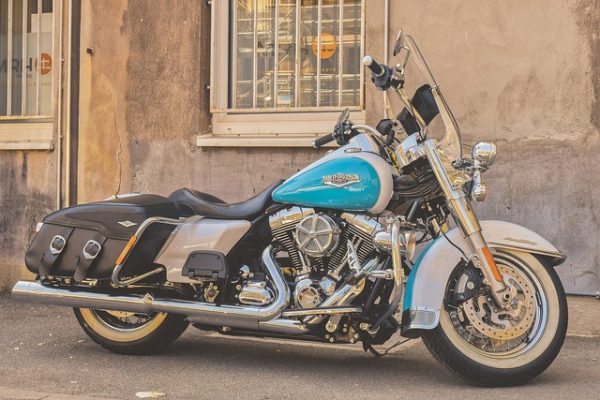 Harley-Davidson Motor Company and the National Highway Traffic Safety Administration
Harley-Davidson Motor Company and the National Highway Traffic Safety Administration  Recently, a jury
Recently, a jury 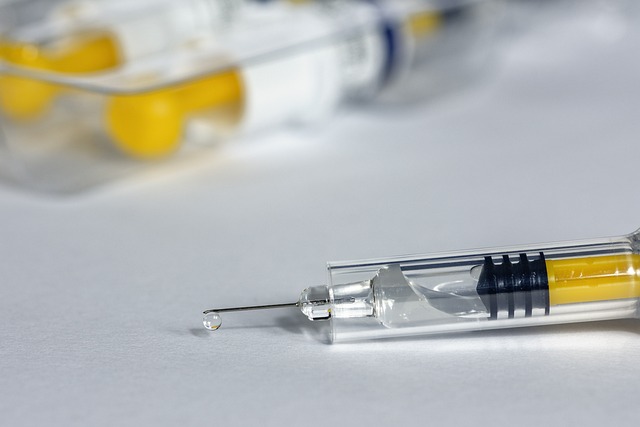 The drug company Pfizer manufactures the popular form of contraception Depo-Provera. It’s a contraceptive administered via an injection every three months; it suppresses ovulation and thickens cervical mucus to block sperm’s ability to get to the egg. However, studies have shown that there is a link between
The drug company Pfizer manufactures the popular form of contraception Depo-Provera. It’s a contraceptive administered via an injection every three months; it suppresses ovulation and thickens cervical mucus to block sperm’s ability to get to the egg. However, studies have shown that there is a link between 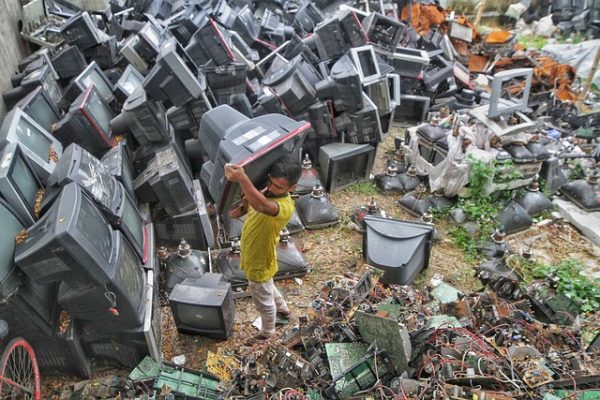 During recycling, according to a recent study,
During recycling, according to a recent study, 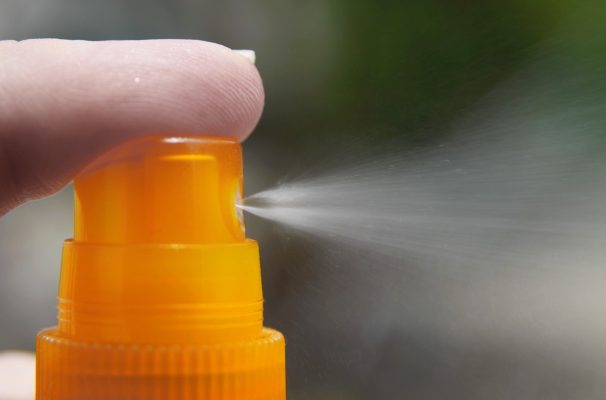 Even at low levels, benzene is a carcinogen and can increase the risk for blood tissue cancers like lymphoma, myeloma, and leukemia. Benzene can’t exist at any safe level in sunscreen, according to experts. Recently, Johnson & Johnson recalled certain Neutrogena and Aveeno products, because it was found that they contained benzene. This is not the first question about benzene in Johnson & Johnson sunscreens; in 2021, the
Even at low levels, benzene is a carcinogen and can increase the risk for blood tissue cancers like lymphoma, myeloma, and leukemia. Benzene can’t exist at any safe level in sunscreen, according to experts. Recently, Johnson & Johnson recalled certain Neutrogena and Aveeno products, because it was found that they contained benzene. This is not the first question about benzene in Johnson & Johnson sunscreens; in 2021, the  Alarmingly, the carcinogen glyphosate weedkiller has been found to exist in 60% of beans and lentils samples tested by labs working for the
Alarmingly, the carcinogen glyphosate weedkiller has been found to exist in 60% of beans and lentils samples tested by labs working for the 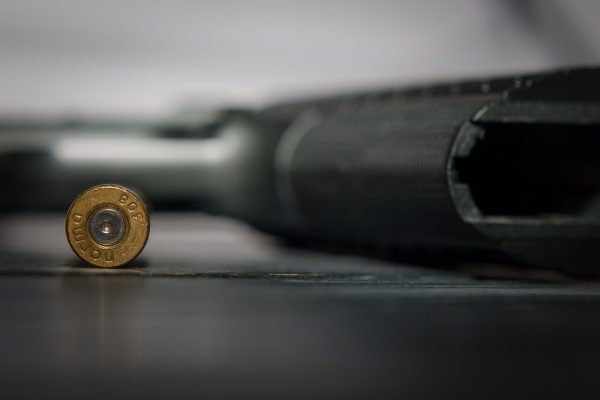 There have been a surge of shootings that may be the result of a defect in Sig Sauer P320. These incidents have happened unexpectedly and caused pain and devastation. For instance, a military sergeant was talking to his supervisor, when another soldier tried to get past him. The sergeant and soldier’s gun holsters clanked against each other, and the
There have been a surge of shootings that may be the result of a defect in Sig Sauer P320. These incidents have happened unexpectedly and caused pain and devastation. For instance, a military sergeant was talking to his supervisor, when another soldier tried to get past him. The sergeant and soldier’s gun holsters clanked against each other, and the 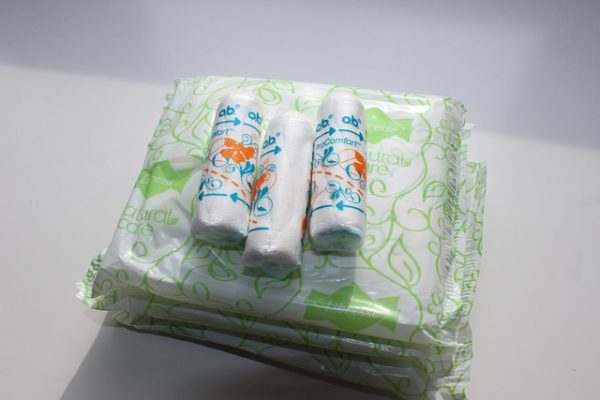 The average person who menstruates spends around five years of their lifespan using around 11,000 menstrual products, including tampons. A new study led by Jenni A. Shearston a postdoctoral scholar from UC Berkeley found that tampons from several brands that millions use can be
The average person who menstruates spends around five years of their lifespan using around 11,000 menstrual products, including tampons. A new study led by Jenni A. Shearston a postdoctoral scholar from UC Berkeley found that tampons from several brands that millions use can be  The Consumer Product Safety Commission has issued a
The Consumer Product Safety Commission has issued a